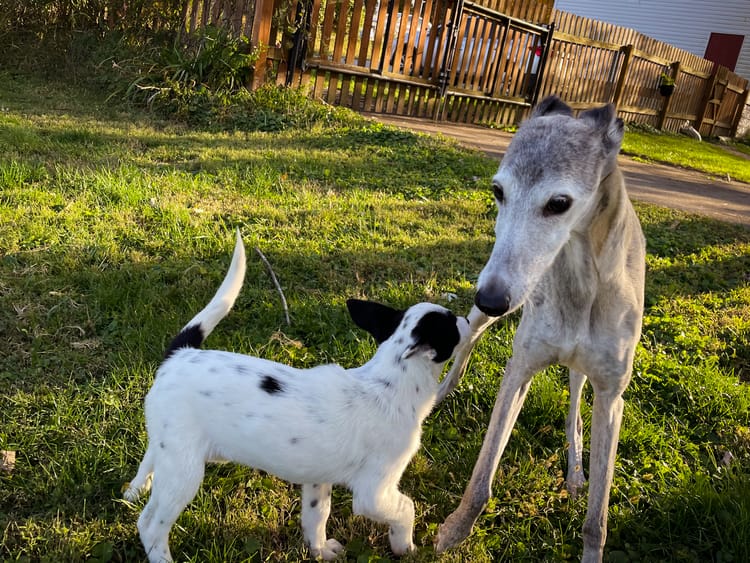Problems with your dog's recall?

Jess was feeling overwhelmed. Eight months of hard work and dedication had gone into training her beloved 18-month-old rescue pup, Daisy, yet all that progress seemed to have disappeared in a moment.
It started when Jess and Daisy set off for the holidays. While away from their usual environment, something changed for Daisy. Suddenly, she no longer responded to Jess and refused to come when called - leaving Jess feeling both frustrated and disappointed. Jess couldn't understand how this could be happening after all the time he'd invested in training her.
Jess worked tirelessly with Daisy each day, offering treats as reward whenever she did something right and gently redirecting her focus whenever she strayed off course or misbehaved. She also took time out of each day to give her love and affection. Jess called me because she couldn't understand why her hard work and training with Daisy didn't seem to stick.
To help Jess with Daisy's recall, I suggested she build rewards into her daily interactions with Daisy, and think of training more as the way Jess behaves around Daisy, rather than dedicated time spent teaching recall.
For example, I reinforce my dogs all day long for a variety of recall cues -- patting my leg, calling their name, calling their nicknames, making kissing noises, running the other direction, things like that. Sometimes I give them excellent scritches, sometimes we play, and most often, I feed. I advised Jess to watch Daisy's mood and anticipate what she'll be most interested in at that time.
In my dog training practice, puppies and new dogs don't get kibble from a dish -- all of their food is fed as treats or from interactive toys, also handed to them for sticking near me. For Jess, it was important that she rewarded Daisy frequently -- whether it's around the house or while on a walk -- consistency is key in teaching a dog for the long-term.
The most important change to Jess's behavior to improve Daisy's recall was to not let Daisy off leash unless Jess was 99.9 percent certain Daisy would come for her reward. (Remember that "recall" doesn't have to be a word -- it can be you making noise, clapping, moving away.) Jess used a long line to build this behavior in new and unfamiliar places, so she didn't have to worry about Daisy ignoring her or running away.
If you're struggling to improve your dog's recall, remember that your training will stick if you practice recall in a variety of environments and scenarios. Use a long line to start. If possible, start practicing with your pup in a low distraction setting in the new place.
As your dog becomes more reliable, you can increase the difficulty by adding different sounds and smells that may distract them. Be sure to allow plenty of time for play between recalls - this makes learning recall behaviors more enjoyable for her. By gradually increasing the level of difficulty and sticking with it, your pup will have a strong recall that can be trusted regardless of where you are. As Jess discovered, with just a few adjustments to her training approach, she could create a consistent way for Daisy to succeed.
Teaching your pup to come when called in unfamiliar places can be a challenge. It requires patience, consistency and practice, but with a few simple tips you can help your four-legged friend learn this important behavior. Start by introducing them to different environments on a long lead or leash, allowing them the freedom to explore their surroundings while keeping them close. As they become more comfortable, it's essential to gradually increase the distance between you and them while still maintaining control over their actions. The best way to accomplish this is through positive reinforcement like treats, playtime, or relaxing physical touch when they do respond. With each successful recall in increasingly challenging settings, your dog will eventually develop a reliable habit of coming back whenever you call them - no matter where you are!




